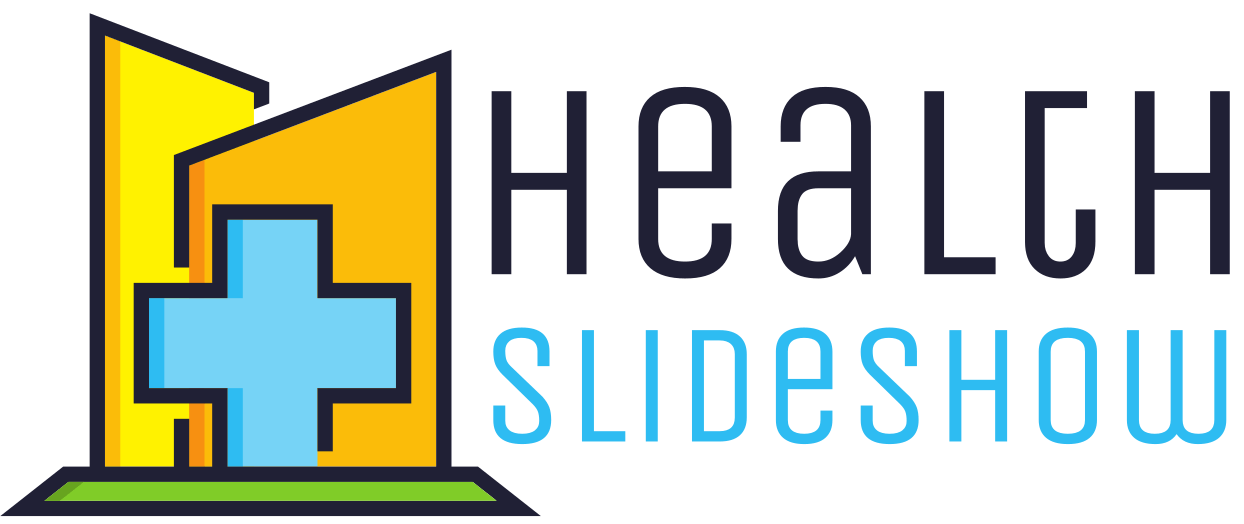Once the patient is deemed healthy enough, it is time to start recovery. It can take a team of rehab therapists to help a person regain his health, but by far the most important figure in that journey is the stroke survivor himself.
Recovery Over the Long Term
How the stroke survivor can support his/her recovery:
- Put the ‘me’ in ‘medical team’.
- Cooperate with doctors and therapists, keeping them updated on any symptoms, problems, or medication side effects.
- Be proactive and tell the medical team when something doesn’t feel right.
- Carefully follow all pill and treatment regimens prescribed.
Reach out for help.
Look for a stroke rehabilitation program as soon as possible. The hospital has resources to get the patient started.
It’s remarkable how much people can recover in the first few weeks to months after a stroke, when they have the support of trained and experienced rehab therapists.
Build inner strength.
- Recovery is a marathon, not a sprint. It will be a while before the survivor has recovered as much as possible.
- Remember that healing is not linear; there will be good days and bad ones-all set on an unpredictable schedule.
- Be on the lookout for signs that healthy grieving over what has happened has become unhealthy depression. Talk to someone if that happens; counselling and perhaps medication can do a lot to get the survivor’s mind back into recovery mode.
Strokes can strike anyone at any age, even newborns. However, there are risk factors that can make a stroke more likely. Some of these are unavoidable – we all get older – but others can be controlled or avoided with medical help coupled with lifestyle changes.
